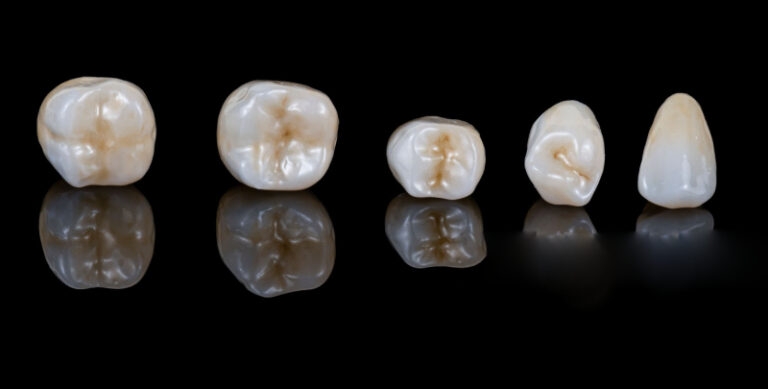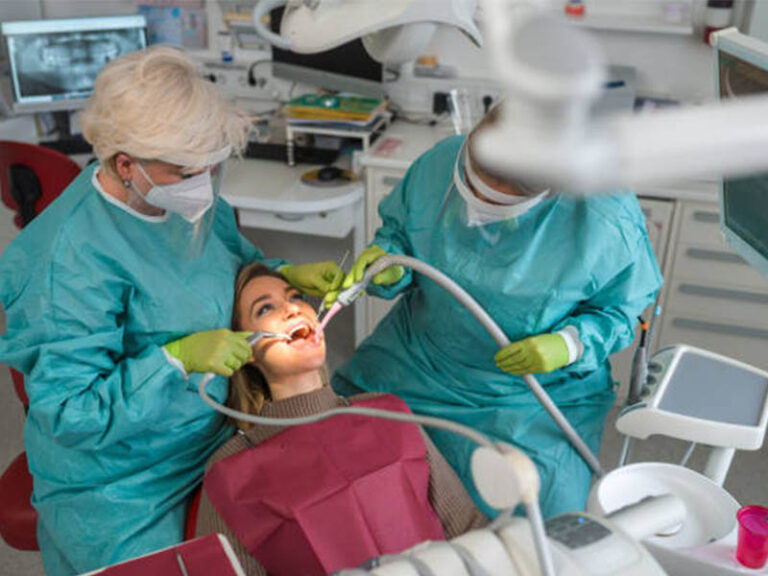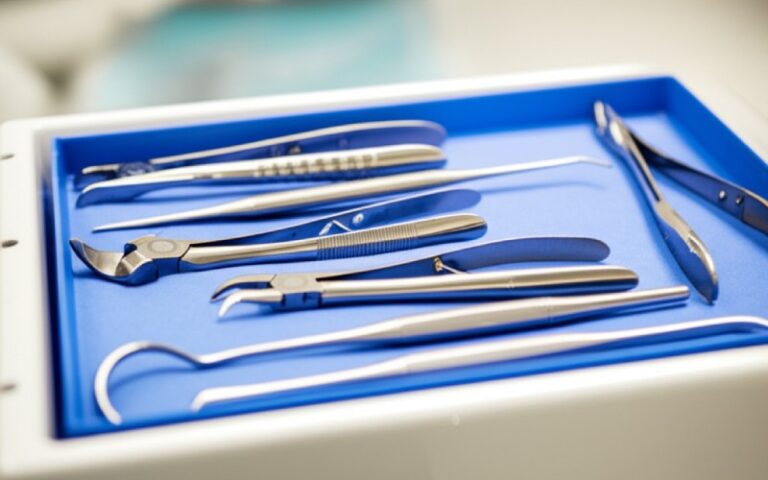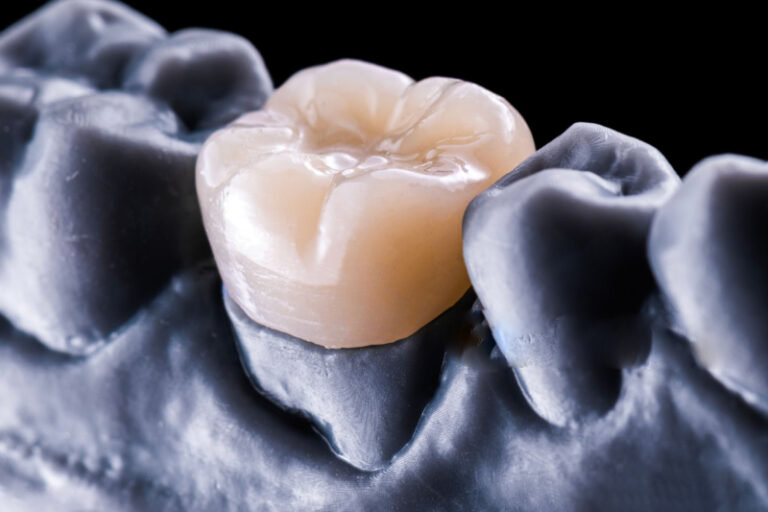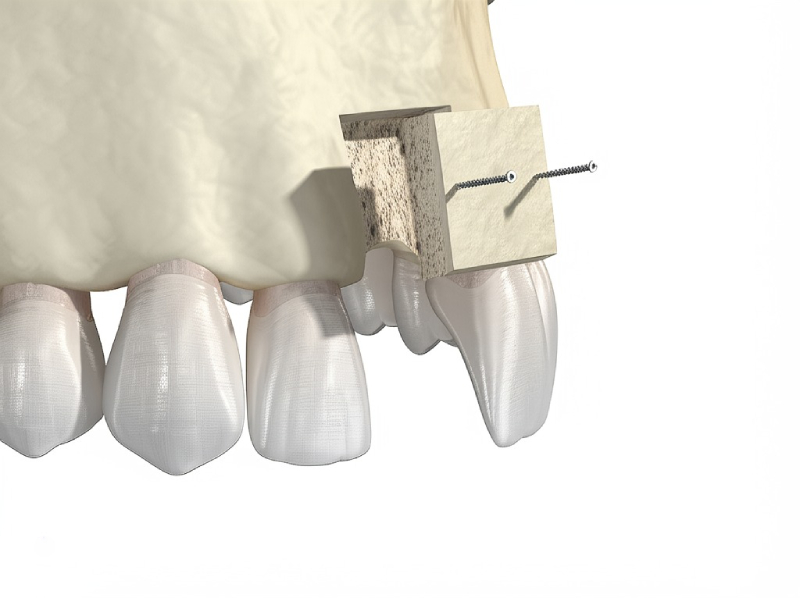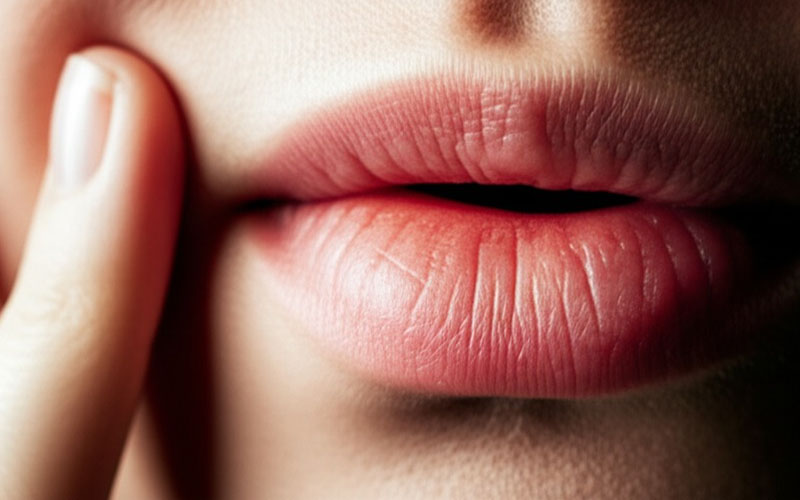
Why Are My Gums Bleeding? A Simple Guide To Understanding And Fixing Bleeding Gums
That bit of pink on your toothbrush. The weird taste in your mouth after you floss. If you’ve seen your gums bleed, you’re not alone—and you’re right to wonder what’s going on. Is it just because you brushed too hard, or is it something else? Let’s break this down together.
We’ll talk about why gums bleed, what you can do right now, and when it’s time to call your dentist. Plus, I’ll share simple tips to help you keep your smile healthy for years.
Table of Contents
1. Why Are My Gums Bleeding?
Let’s get this out of the way: seeing blood when you brush or floss happens a lot, but it isn’t “just normal.” Your gums are trying to tell you something. Think of blood as your mouth’s way of waving a small red flag. It doesn’t always mean something is very wrong, but you shouldn’t ignore it.
Many people ask, “Did I brush too hard? Is flossing the problem? Or could it be something else?” If you’ve thought about these things, you’re not alone. Let’s get to the real reason for bleeding gums—simply, honestly, and with straightforward solutions.
2. What’s Really Happening? The Science (Made Simple)
Let’s take a simple look under the surface.
Your gums—the pink, soft parts around your teeth—are like a little cushion for each tooth. They help stop germs from getting further into your body.
Now, imagine this: every day, a sticky stuff called plaque forms on your teeth. Think of plaque as an invisible film—if you leave it, it becomes a tough, hard gunk called tartar. After a while, this buildup bothers your gums.
Your gums react the way your skin does to a tiny splinter—by getting red, puffy, and, yes, bleeding. This is called gingivitis (which just means your gums are irritated).
Analogy Time: Gums vs. Sidewalk
Picture your sidewalk after the rain. Dirt and leaves gather in the cracks. If you never sweep them away, the mess builds up and gets hard to clean. Your mouth works the same way! If you don’t “sweep away” plaque by brushing and flossing, it builds up, and then your gums get mad.
Key point: Bleeding gums show your gums are upset. At first, this is easy to fix with good care. But if you ignore it, it can turn into something worse—periodontitis—where the bone holding your teeth can get damaged. That’s why it’s always better to act early!
3. What Causes Bleeding Gums?
Let’s look at the most common reasons, in everyday words:
1. Plaque and Tartar Buildup
- If you don’t get rid of plaque every day, it turns into tartar—like glue at your gums.
- Both of these just sit there and annoy your gums, making them red, sore, and prone to bleeding.
2. Brushing or Flossing Too Hard
- Brushing really hard or snapping floss between your teeth can cut your gums.
- What helps? Use a soft toothbrush and be gentle.
3. Just Starting Flossing
- If you’ve just started flossing after some time, your gums might bleed for a week or so.
- Don’t give up—steady, gentle flossing will make your gums stronger!
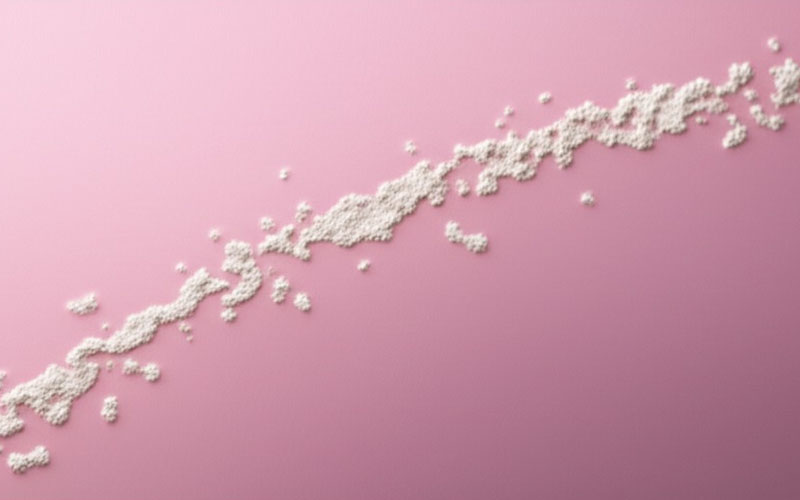
4. Gum Disease (Gingivitis and Periodontitis)
- Gingivitis: Mild, fixable gum swelling. Gums might bleed but teeth are still strong.
- Periodontitis: This is worse. The bone holding your teeth gets hurt and you could lose teeth if you don’t treat it.
5. Medications
- Blood thinners, some pills for blood pressure, or a few seizure drugs can make your gums bleed easier. (Always ask your doctor or pharmacist if you’re not sure!)
6. Bad Dental Work
- Crowns, bridges, or dentures that don’t fit right can anger your gums.
7. Hormonal Changes
- Pregnant women, teens, and people on birth control can have more sensitive gums because of hormone changes. “Pregnancy gingivitis” is a thing, but you can manage it.
8. Health Issues
- Diabetes, not enough vitamins (especially C and K), problems with your immune system, or even being stressed out can all make your gums bleed sooner.
9. Tobacco Use
- Smoking or chewing tobacco hides bleeding (because it squeezes blood vessels), but it also raises your risk of gum sickness.
Bottom Line: Most bleeding gums are about plaque, germs, and your day-to-day habits.
4. What You Can Do At Home
You don’t need a fancy degree—and you don’t need to panic! Most bleeding gums get better at home, especially if you spot it early. Here’s what you can do:
Fast Fixes You Can Use Right Away
Step 1: Brush Better, Not Harder
- Use a soft toothbrush—think feather, not a steel brush.
- Point your brush at a 45-degree angle at your gums, and use little circles. (Pretend you’re giving your gums a small massage.)
- Get a new brush every 3 or 4 months, or when the bristles look worn.
Step 2: Floss Gentle And Daily
- Move floss up and down beside each tooth. Don’t yank!
- If you haven’t flossed for a while, expect some bleeding the first week. Keep going—your gums will get used to it.
Step 3: Rinse With Antimicrobial Mouthwash
- Mouthwashes with an ADA label can help lower germs and plaque.
- Look for bottles that say “antigingivitis” or “antiplaque.”
Step 4: Eat Right
- Add more foods with Vitamin C (oranges, strawberries, peppers) and Vitamin K (dark green veggies). These help your gums recover.
Step 5: Drink Water And Quit Tobacco
- Water washes away leftover food and keeps gums wet.
- If you smoke, think about quitting. Your gums—and the rest of your body—will be better for it.
Step 6: Check Your Pills
- Look over side effects if you started any new medicine. Ask your doctor or dentist about choices if your gums seem extra touchy.
Home Remedies: Good Or Too Good To Be True?
You might see people online talking about rinsing with salty water or rubbing aloe on your gums. Salt water can help calm sore gums, but it won’t get rid of plaque. Brushing and flossing are what really matter.
How To Make A Salt Water Rinse:
- Mix one teaspoon salt in a cup of warm water.
- Swish for half a minute, spit it out, and do this up to twice a day.
Pro Tip: You don’t have to be perfect—just consistent. Two minutes brushing twice a day, and flossing once a day, will help your gums more than any “miracle fix.”

5. When To See A Dentist
Sometimes, even the best home stuff can’t do it all. Here’s when it’s time to make a dentist appointment:
- Bleeding doesn’t stop after about a week or two of better habits.
- Your gums stay really red, puffy, or pull away from your teeth.
- You notice stinky breath that won’t go away, even after brushing.
- Teeth feel wiggly, slide, or it hurts to bite.
- You have sore gums or teeth.
- You see pus between teeth and gums (never normal).
- You have a health problem (like diabetes) that raises your gum risk.
At the dental office, your dentist will check for gum disease, clean away tartar you can’t reach, and give you tips just for you.
What Will The Dentist Do?
- Exam: Checks how deep the spaces are around your teeth to see if there’s gum sickness.
- Cleaning: Gets off tough tartar.
- X-rays: Looks for bone problems or infections.
- Advice: Shows better brushing/flossing, might suggest special rinses or treatments.
If they catch gum problems early, good cleaning and care at home can reverse it. If it’s further along, you might need a “deep clean,” special medicine, or gum surgery. But don’t freak out—most people get better with simple changes!
6. Who Is At Risk For Bleeding Gums?
Some people bleed more easily because of life, health, or age. Here’s who should really watch out:
More Likely To Get It:
- Teens and young adults (hormone changes)
- Pregnant women (“pregnancy gingivitis”)
- People who smoke
- Anyone with diabetes, leukemia, or weak immune system
- Anyone on blood thinners
- People with bad-fitting dental work
- Folks who don’t get enough Vitamin C or K
If you’re in one of those groups, don’t miss your regular dental checkups. Even if your gums feel fine right now!
7. Your Healthy Gums Checklist: Take Action Now
Here’s a fast guide to keep your gums happy and healthy:
The Basics:
- Brush soft with a gentle brush, two times each day.
- Floss every day. If you forget, just start again tomorrow.
- Use mouthwash with germ-fighters or fluoride if the dentist says so.
- Eat healthy—lots of fruits, veggies, and grains.
- Drink water, not soda.
- See your dentist twice a year or as often as they say.
- Tell your dentist about any new medicine or health news.
- Stop smoking—ask for help if you need to.
Warning Signs:
- Gums stay red, puffy, or sore after a week of better habits
- Bad breath or taste you can’t get rid of
- Gums moving away from your teeth
- Pain or pus in your mouth
See a dentist fast if you spot any of these.
8. Frequently Asked Questions About Bleeding Gums
1. Should I stop brushing or flossing if my gums bleed?
No way! Keep using a soft brush and floss gently. It might bleed more at first, but regular brushing and flossing helps gums heal. If you still see blood after two weeks, visit your dentist.
2. Can mouthwash fix bleeding gums by itself?
No—it can help, but it’s not a stand-in for brushing and flossing. Think of mouthwash as the helper, not the hero.
3. Are bleeding gums always from gum disease?
Most of the time, yes. But sometimes it can be from biting something hard, smoking, or a new medicine. When in doubt, talk to your dentist.
4. Can stress make my gums bleed?
Yes. Lots of stress messes with your body’s defenses, making it easier for your gums to get sick.
5. Can vitamins help?
Eating well, with plenty of Vitamin C and K, helps your gums heal and stay strong.
6. Can kids have bleeding gums too?
For sure. Kids need to brush, floss, and see the dentist just like grownups. If their gums keep bleeding, set up a dentist visit.
Medically Reviewed
This article was checked by Dr. Jane Doe, DDS – a board-certified gum specialist. For more info, visit the American Dental Association (ADA) at www.ada.org.
In Summary: Your Healthy, Confident Smile Starts With Gum Care
Let’s sum it up:
- Bleeding gums are common but shouldn’t be brushed off.
- Most of the time, bleeding comes from gums getting a little sick—usually from plaque.
- Being gentle and cleaning well are your best first moves.
- If bleeding sticks around after a week or two, or if you see other problems (like swelling, pain, or loose teeth), get a dentist’s advice fast.
- Healthy gums don’t just feel great—they protect your whole body.
Remember: your gums are what hold your smile together. Take care of them now, and they’ll keep you smiling for years.
Worried, or have questions? Ask your dentist. You’re not alone—and with a few simple changes, you’re already on the way to stronger gums and a happier smile.
Ready to feel good about your gums? If you’re worried, set up a dentist visit. Every step you take today puts you closer to a cold drink without a wince and a brighter tomorrow!
Sources:
- American Dental Association – Gum Disease
- Mayo Clinic – Bleeding Gums Causes and Care
- National Institute of Dental and Craniofacial Research – Gum Disease

